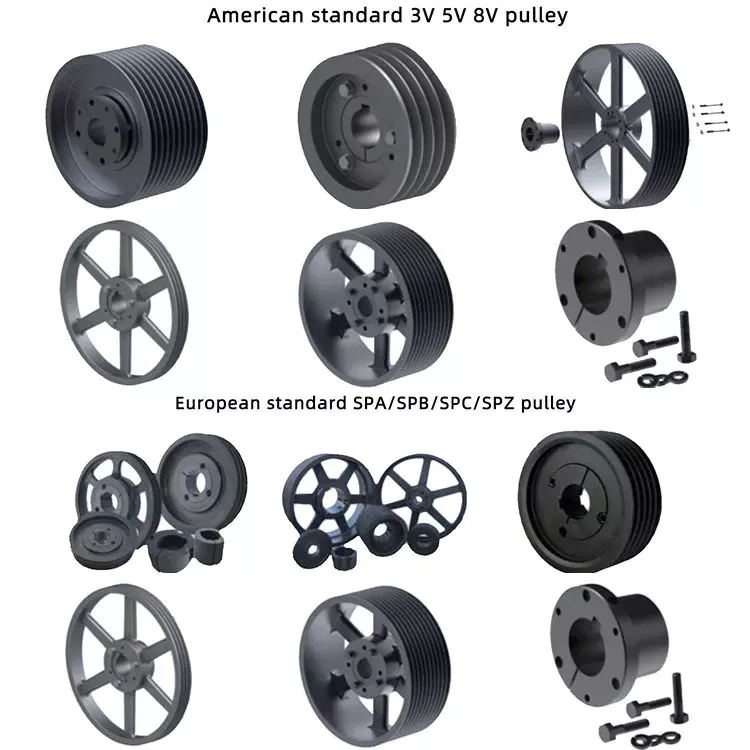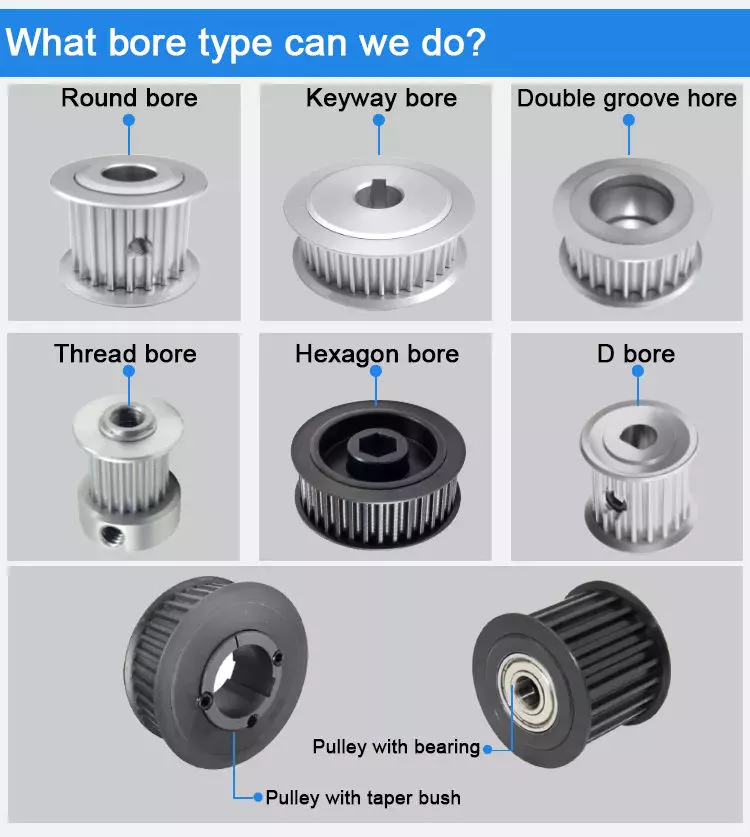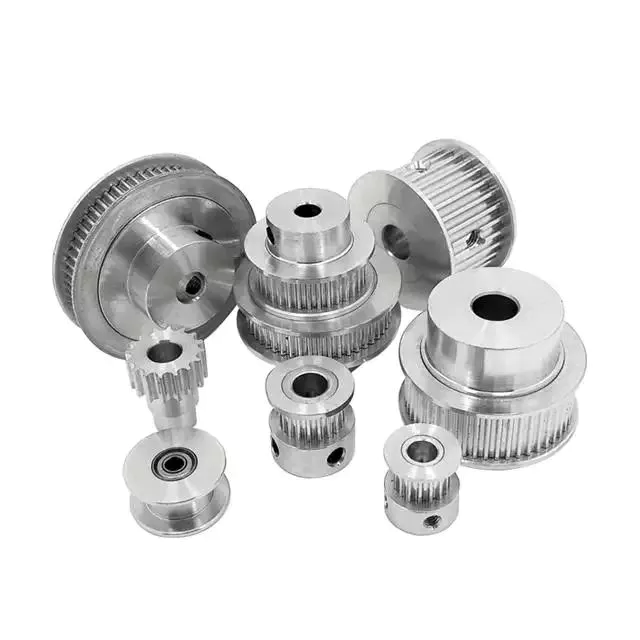Product Description
Detailed Photos
Product Description
| Item No. | Plastic POM Ball Bearing |
| Dimensions | OEM ODM |
| Material | Bearing -Chrome steel, carbon steel, stainless steel Plastic part- POM/ Nylon6 /Nylon66 +GF/PU/Rubber Housing part – Plastic(Nylon)/ Steel/ Zinc alloy die casting / Aluminium profile/ alu. Alloy die casting |
| Color | Original/black/white/Red/ Green/ Orange, or per customers’ requirement |
| Surface Treatment | Zinc plated/Nickle Plated/Black treatment/ Painting/Electrophoretic treatment |
| Features | heavy-duty,adjustable,low noise,easy installation,sliding smoothly,long life,standard,customized,etc. |
| Application | Sliding window and door, Sliding accessories, furniture accessories etc. |
| Packaing | Foil bag+Neutral Carton+Pallet, or per customers’ requirement |
| MOQ | 1000 pcs |
| Lead Time | According to the order q’ty |
| OEM& ODM | Technical drawing or sample is needed |
Company Profile
ABOUT US
CHINAMFG was set up in 1996 and located at HangZhou, a beautiful city in China. Our company is bearing manufacturer&bearing distributor. Since it was first established, CHINAMFG was dedicated in research, development and manufacture of bearings. Now, CHINAMFG has become main and 1 of the first grade suppliers of all kinds of bearings. We could develop the products constructed from different materials, structures, shapes, colors etc.
WELCOME TO THE CLUB!
1. Our rollers are in stable quality with smooth rotation, long life operation, small movement, advanced injection technology engineering etc.
2. The Adjustable Rollers with smooth and long lasting operation, higher performing features like wider adjustment ranges, long rolling life performance, easy installment. It’s available in multiple housing choices with any wheels to fit different aluminnum. Our roller ensure alignment across the full adjustment ranges within built-in retention system.
3. The customized hardware, like plastic parts, stamping patrs, cold forging steel patrs are widely applied in the window and doors, furniture, householders, transmission system, industrial drive system etc.
We are constantly improving and striving for excellent service. We hold a very high regard for our customers, the quality of our products, and our level of customer service.
FAQ
1. who are we?
We are based in ZheJiang , China, start from 2017,sell to North America(1.00%),Africa(1.00%),Western Europe(1.00%),Southern Europe(1.00%). There are total about 51-100 people in our office.
2. how can we guarantee quality?
Always a pre-production sample before mass production;
Always final Inspection before shipment;
3.what can you buy from us?
Bearing cage,Bearing pulley,Plastic products,Miniature bearing,Needle roller bearing
4. why should you buy from us not from other suppliers?
Hardware pulley source factory,20 years professional bearing pulley experience
5. what services can we provide?
Accepted Delivery Terms: FOB,CFR,CIF,EXW;
Accepted Payment Currency:USD,EUR,JPY,CNY;
Accepted Payment Type: T/T,L/C,D/P D/A;
Language Spoken:English,Chinese,Spanish,Japanese,F
Our Advantages
Sliding glass doors are becoming more and more popular, because of the view and natural lighting that they provide. But there can be some difficulty when it comes to maintaine them, such as the rollers have worn out. The key part is knowing which roller matches the original. Many people believe that alternatives can be found by identifying the door manufacturer individually. Actually, Most rollers are generic and used by various door manufacturers.
As the professional manufacturer of sliding rollers, we use various identifying characteristics to determine the best replacement option for your door. In addition to the number of wheels your roller uses to support the door, the presence of dimples, bumps, cut-outs and flared edges on the rollers housing will narrow down replacement options substantially. The way that the assembly installs in the door frame is also vital. The key dimensions to confirm a replacement include the width and height of the roller’s outer housing, as well as the diameter of the wheel. In addition to the diameter of the wheels, the material that they’re made of, steel or nylon, is also a factor. Long-term, metal wheels are known to hold up better but they can also cause the track to wear out faster, especially on heavy doors. Nylon wheels tend to be kinder to the track but may not last as long as their steel counterparts.
Purchase Notice
1.Pls send us an inquiry or leave us a message, there will be a dedicated staff to serve you within 1 hours.
2.You can ask us to take actual photos of the products for you, and free samples would be provided.
3. Welcome to visit our factory to negotiate orders, we will do our best to protect the safety of your business journey.
4. Packaging can be customized according to customer requirements
Finally, Please be sure to click “Contact supplier” to contact us, or “Call us” with any questions that you may have.
/* March 10, 2571 17:59:20 */!function(){function s(e,r){var a,o={};try{e&&e.split(“,”).forEach(function(e,t){e&&(a=e.match(/(.*?):(.*)$/))&&1
| Contact Angle: | Injection Molding |
|---|---|
| Aligning: | Non-Aligning Bearing |
| Separated: | Unseparated |
| Samples: |
US$ 0.08/Piece
1 Piece(Min.Order) | Order Sample |
|---|
| Customization: |
Available
| Customized Request |
|---|
.shipping-cost-tm .tm-status-off{background: none;padding:0;color: #1470cc}
|
Shipping Cost:
Estimated freight per unit. |
about shipping cost and estimated delivery time. |
|---|
| Payment Method: |
|
|---|---|
|
Initial Payment Full Payment |
| Currency: | US$ |
|---|
| Return&refunds: | You can apply for a refund up to 30 days after receipt of the products. |
|---|

Can pulleys be used in both simple and complex mechanical systems?
Yes, pulleys can be used in both simple and complex mechanical systems. Pulleys are versatile mechanical devices that can be incorporated into a wide range of systems to transmit power, change direction, or provide mechanical advantage.
In simple mechanical systems, pulleys are often used to create a mechanical advantage by reducing the effort force required to lift or move a load. For example, a simple pulley system with a single fixed pulley can distribute the load’s weight over multiple strands of rope or cable, reducing the force needed to lift the load. Simple pulley systems are commonly used in applications such as flagpoles, well buckets, or manual hoists.
In more complex mechanical systems, pulleys can be part of intricate arrangements to achieve specific functions. They can be combined with multiple pulleys, belts or ropes, and other mechanical components to create complex systems for power transmission, tensioning, or precise control. Examples of complex systems that utilize pulleys include conveyor belt systems, industrial machinery, cranes, and elevators.
Pulleys offer several advantages in both simple and complex mechanical systems:
1. Mechanical Advantage: Pulleys can provide a mechanical advantage by distributing the load’s weight over multiple strands of rope or belt, reducing the effort force required to lift or move the load.
2. Direction Change: Pulleys can change the direction of the force applied, allowing for redirection of motion or routing of belts or ropes around obstacles.
3. Speed Adjustment: By adjusting the size of pulleys and the number of pulley systems, the speed of the output motion can be modified relative to the input motion.
4. Power Transmission: Pulleys are effective in transmitting power between shafts or components, allowing for the transfer of rotational motion and torque.
5. Versatility: Pulleys can be used with different types of belts or ropes, such as flat belts, V-belts, timing belts, or wire ropes, providing flexibility in design and application.
Whether in simple or complex mechanical systems, the selection, arrangement, and sizing of pulleys should be carefully considered to ensure proper functionality, efficiency, and safety. Manufacturers’ guidelines, engineering principles, and best practices should be followed when incorporating pulleys into mechanical systems.

How do pulleys contribute to the functioning of bicycles and motorcycles?
Pulleys play important roles in the functioning of both bicycles and motorcycles, aiding in power transmission, speed control, and overall mechanical efficiency. Here’s how pulleys contribute to the operation of these vehicles:
1. Bicycles:
– Derailleur System: In most modern bicycles, pulleys are used in the derailleur system. The derailleur is responsible for shifting the bicycle chain between different gears on the front and rear sprockets. Pulleys, often referred to as jockey wheels, are positioned in the derailleur to guide and tension the chain as it moves between gears. They ensure smooth and precise shifting, allowing the rider to adapt to various terrains and maintain an optimal pedaling cadence.
– Belt Drive Systems: Some bicycles use a belt drive instead of a traditional chain drive. Belt drives employ a pulley system that consists of a front pulley attached to the pedal crank and a rear pulley attached to the rear wheel hub. The belt is wrapped around these pulleys, transferring power from the rider’s pedaling motion to propel the bicycle forward. Pulleys in belt drive systems enable efficient power transfer, reduce maintenance needs, and provide a quieter and cleaner alternative to chain drives.
2. Motorcycles:
– Clutch System: Pulleys, known as clutch pulleys, are utilized in motorcycle clutch systems. The clutch connects the engine to the transmission and allows the rider to engage or disengage power transmission to the rear wheel. When the clutch lever is pulled, the clutch pulley separates the engine’s rotational motion from the transmission, disengaging power transfer. Releasing the clutch lever brings the pulley back into contact, engaging power transmission and enabling the motorcycle to move.
– Variable Transmission Systems: Some motorcycles employ pulleys in variable transmission systems, such as continuously variable transmissions (CVT). CVTs use a pair of pulleys connected by a belt or chain. By changing the diameter of the pulleys, the CVT adjusts the gear ratio continuously, providing seamless and efficient power delivery across a wide range of speeds. Pulleys in variable transmission systems contribute to smooth acceleration, improved fuel efficiency, and enhanced riding comfort.
– Drive Belt Systems: Pulleys are also utilized in motorcycles equipped with belt drive systems. Similar to bicycles, these systems consist of a front pulley connected to the engine’s crankshaft and a rear pulley connected to the rear wheel. The belt runs around these pulleys, transferring power from the engine to the rear wheel. Belt drive systems offer advantages such as reduced maintenance, quieter operation, and smoother power delivery compared to traditional chain drives.
Overall, pulleys are integral components in bicycles and motorcycles, contributing to smooth gear shifting, efficient power transmission, and improved overall performance. Whether in derailleur systems, belt drive systems, clutch systems, or variable transmission systems, pulleys play a vital role in enhancing the functionality and ride experience of these vehicles.

What are the different types of pulleys commonly used in industry?
Pulleys are widely used in various industries for different applications. Here are the different types of pulleys commonly used:
1. Fixed Pulleys: Fixed pulleys are attached to a stationary structure, such as a ceiling or wall. They change the direction of the force applied without providing any mechanical advantage. Fixed pulleys are often used in combination with other pulleys to create more complex systems.
2. Movable Pulleys: Movable pulleys are attached to the load being moved, and they move along with it. These pulleys provide mechanical advantage by reducing the effort required to lift the load. Movable pulleys are commonly used in systems such as block and tackle arrangements to lift heavy objects with less force.
3. Compound Pulleys: Compound pulleys consist of a combination of fixed and movable pulleys. They provide a greater mechanical advantage than a single pulley by distributing the load over multiple segments of the rope or belt. Compound pulley systems are often used in applications that require lifting extremely heavy loads.
4. Snatch Blocks: Snatch blocks are pulleys with a side plate that can be opened to insert or remove a rope or cable without threading it through the pulley. They are commonly used in rigging and towing applications to change the direction of force and create a mechanical advantage.
5. V-Belt Pulleys: V-belt pulleys have a V-shaped groove that matches the cross-section of V-belts. They are used in belt drive systems to transmit power between two shafts. V-belt pulleys are commonly found in applications such as industrial machinery, automotive engines, and HVAC systems.
6. Timing Pulleys: Timing pulleys have teeth that mesh with the teeth of a timing belt. They are used in synchronous drive systems to ensure accurate and synchronized power transmission. Timing pulleys are commonly used in applications such as robotics, printing presses, and CNC machines.
7. Rope Pulleys: Rope pulleys have a smooth surface designed to minimize friction and prevent wear on ropes. They are commonly used in applications where ropes are used for lifting or pulling, such as cranes, elevators, and material handling equipment.
8. Wire Rope Pulleys: Wire rope pulleys are specifically designed for use with wire ropes. They have grooves or pockets that accommodate the shape and size of wire ropes, ensuring secure grip and efficient force transmission. Wire rope pulleys are commonly used in applications such as cranes, winches, and hoists.
9. Idler Pulleys: Idler pulleys are used to guide and tension belts or ropes in a system. They do not transmit power but help maintain proper belt tension and alignment. Idler pulleys are commonly used in conveyor systems, automotive engines, and other belt-driven applications.
10. Sheave Pulleys: Sheave pulleys are large pulleys used in heavy-duty applications, such as crane systems and elevators. They are designed to handle high loads and provide smooth and reliable operation. Sheave pulleys often have multiple grooves to accommodate multiple ropes or belts.
These are some of the different types of pulleys commonly used in various industries. Each type has specific features and is selected based on the requirements of the application, such as load capacity, power transmission, and operational conditions.


editor by CX
2024-01-10